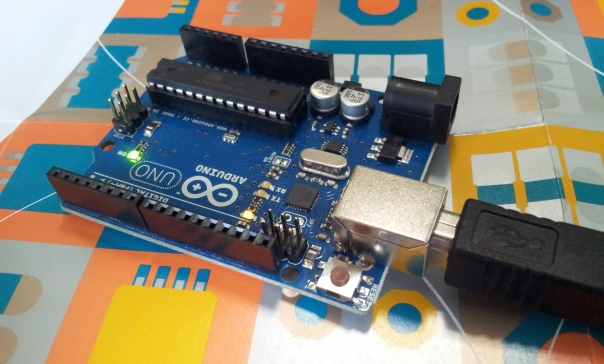This guide will address establishing a remote connection with a mobile operator, create a data collecting RapidSMS application, and everything in between – specifically using the Kannel SMS gateway.
I realize this guide will only cater to a very specific group of technicians seeking to use the following technologies:
-IPSec VPN, as their means of communicating with a mobile operator (SMS Center).
-Kannel, as the SMS Gateway which talks to the SMS Center, relaying messages via HTTP requests.
-RapidSMS, as their choice of data-collection and communication tool.
This guide is aimed at demystifying any confusion that may occur in an otherwise obscure and arcane world of SMS. I will use my very own examples and clarify version numbers to show what works. I am using the Debian 6.0 “Squeeze” release.
VPN
We will begin by establishing a Virtual Private Network as the very first step – without it, no data would be able to get in or out from the SMS Center.
At this point, you should have already made arrangements with at least one mobile operator to establish a VPN with their SMS Center. Additionally, they should have provided you with a list of parameters necessary for the connection, these include authentication methods, source IP addresses, ports, keys, and much more.
This guide will be focusing on establishing an IPSec VPN – solely because of the specific parameters given by my mobile operator.
Below is a copy of the sheet of parameters given to me by the local mobile operator post-agreement, use it to cross-reference with the configurations in the next few steps: Continue reading “Copy: Configure IPSEC VPN connection with Racoon, Kannel and RapidSMS in Debian server” →










